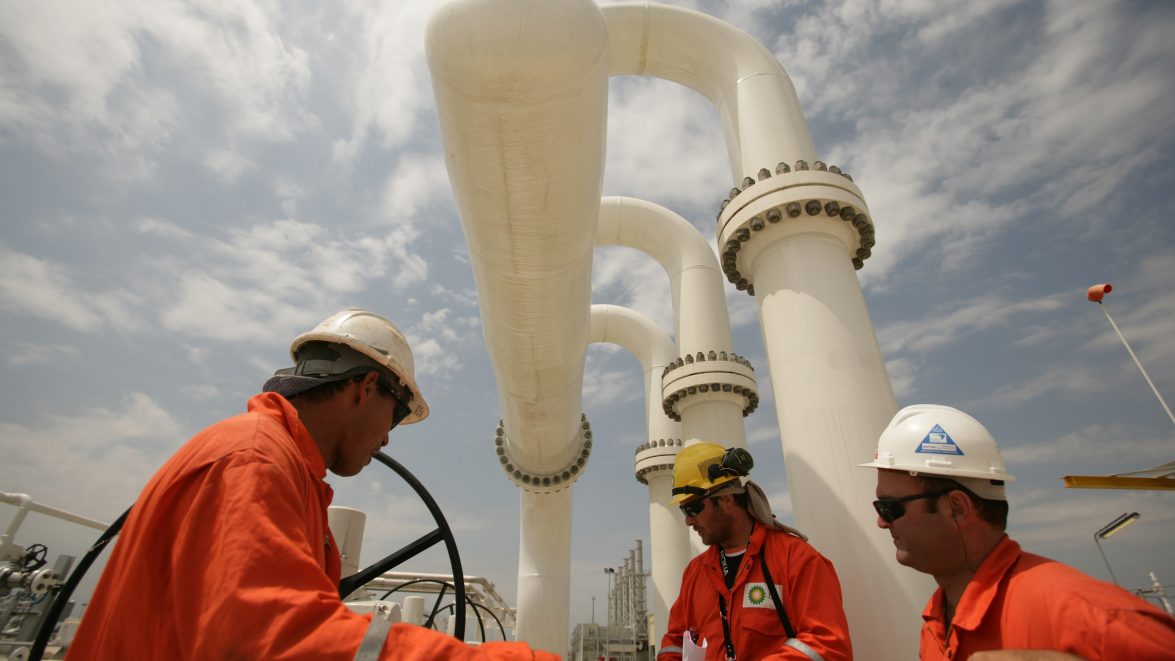BP Launches First US Biogas Plant Since Archaea Acquisition
(Reuters) — BP on Wednesday launched its first plant processing renewable gas from landfill since its $4 billion acquisition of the largest U.S. biogas producer, Archaea Energy, last December.
The renewable natural gas (RNG) plant in Medora, Indiana, can process 3,200 cubic feet of landfill gas per minute (scfm) into RNG – enough gas to heat around 13,026 homes annually, BP said.
Landfill gas, a natural byproduct of the decomposition of waste, is a form of greenhouse gas.
The plant, located near a landfill owned by Rumpke Waste and Recycling, captures gas and converts it to electricity, heat or renewable natural gas.
The plant's technology is modular, meaning it can be replicated and deployed faster than previous technologies, BP said.
"This is a powerful step forward in our net zero journey to capture landfill emissions and provide customers with lower emission, lower carbon fuel," Starlee Sykes, CEO of Archaea Energy, said in a statement.
BP aims to bring several modular plants online this year, Sykes added.
Related News
Related News

- Enbridge Plans 86-Mile Pipeline Expansion, Bringing 850 Workers to Northern B.C.
- Intensity, Rainbow Energy to Build 344-Mile Gas Pipeline Across North Dakota
- Enbridge Sees High Demand to Expand 593-Mile Canada-to-U.S. Gulf Oil Pipeline
- Energy Transfer to Build $5.3 Billion Permian Gas Pipeline to Supply Southwest
- Strike Pioneers First-of-Its-Kind Pipe-in-Pipe Installation on Gulf Coast with Enbridge
- A Systematic Approach To Ensuring Pipeline Integrity
- 275-Mile Texas-to-Oklahoma Gas Pipeline Enters Open Season
- LNG Canada Start-Up Fails to Lift Gas Prices Amid Supply Glut
- Strike Pioneers First-of-Its-Kind Pipe-in-Pipe Installation on Gulf Coast with Enbridge
- Enbridge Sees High Demand to Expand 593-Mile Canada-to-U.S. Gulf Oil Pipeline





Comments